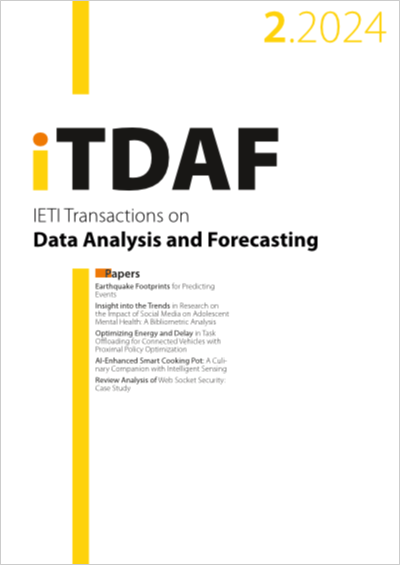Optimizing Energy and Delay in Task Offloading for Connected Vehicles with Proximal Policy Optimization
DOI:
https://doi.org/10.3991/itdaf.v2i2.50949Keywords:
MEC, Task offloading, Deep Reinforcement learningAbstract
Electric-powered intelligent connected vehicles are becoming the pivotal point of the automotive industry. As vehicles integrate more applications, the computation tasks they generate increase substantially. Cloud servers cannot handle these tasks promptly, and current electric vehicles (EVs) have limited energy and computing resources. Multi-Access edge computing (MEC) performs various activities in proximity to the vehicles, resulting in decreased latency and the preservation of EV battery power. However, MEC servers have finite processing resources and may be unable to satisfy the required latency restrictions. We propose a task offloading scheme to optimize the allocation of computational resources from roadside servers across several EVs. We develop a mathematical model to optimize both computation latency and EV energy, represented as a Markov decision process (MDP). To address this, we employ the deep reinforcement learning-proximal policy optimization (DRL-PPO) algorithm. The implementation of our mathematical model, which is based on an MDP, together with the use of the DRL-PPO algorithm, showcases notable decreases in both energy consumption and latency when compared to alternative benchmark deep reinforcement learning (DRL) approaches.
Downloads
Published
How to Cite
Issue
Section
License
Copyright (c) 2024 Salman Raza

This work is licensed under a Creative Commons Attribution 4.0 International License.


